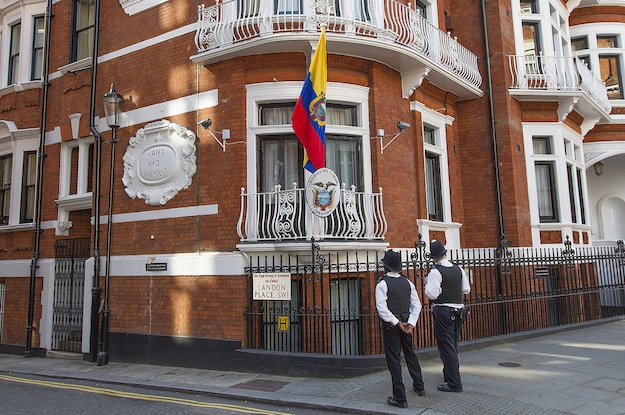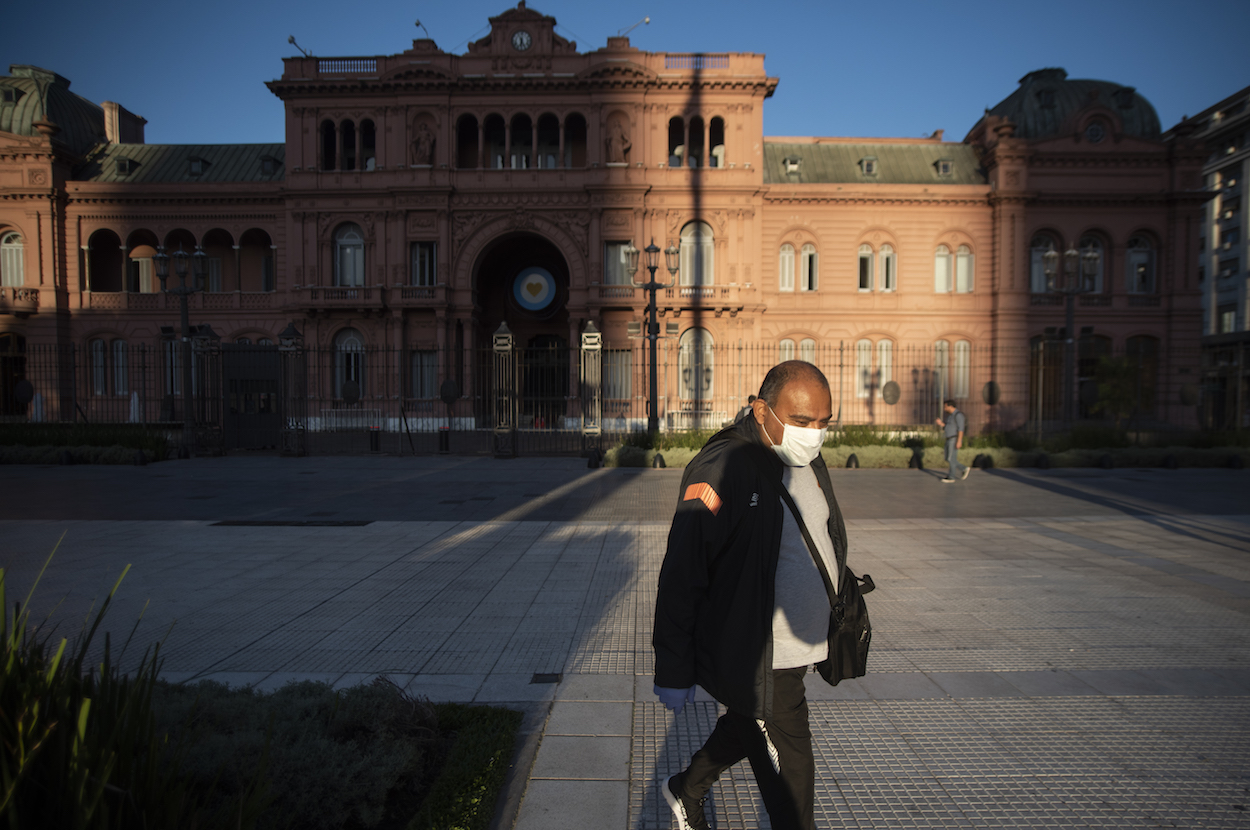Sign up here to get This Week in Latin America delivered to your inbox every Monday.
UK Impact: Latin America is already feeling the aftershocks of the UK’s Brexit vote, with Ecuador’s president saying that Britain’s decision to leave the EU had “spoiled” a major bond issue scheduled for this week and Mexico announcing it would cut an additional $1.7 billion from its budget due to heightened currency volatility. Elsewhere, high current account deficits in Peru and Colombia make them look especially susceptible to capital flight, and it is unclear whether trade deals between Latin America and the EU, such as one that Ecuador is expected to sign later this year, will apply to Britain. Latin America overall has high export exposure to the EU, and analysts believe the breakup could reduce import demand in Europe.
North American Leaders Summit: The leaders of Mexico, the U.S. and Canada will meet in Ottawa on Wednesday for the annual North American Leaders Summit. The sit-down will be a chance for Enrique Peña Nieto, Barack Obama and Justin Trudeau to talk trade, energy and security cooperation, though Peña Nieto’s attention may be elsewhere: Major protests in Mexico over the weekend looked set to continue after a federal and state police intervention in a teachers’ demonstration last week left at least 8 people dead and many more injured in the state of Oaxaca. Peña Nieto has also been criticized for vetoing parts of a recently-passed anti-corruption bill, saying it would place undue burden on ordinary citizens; many analysts say the legislation had already been badly watered down.
Colombia Ceasefire: Government and FARC negotiators didn’t have long to celebrate the signing of a definitive, bilateral ceasefire last week. There are several items still on the negotiating table before the two sides will be ready to agree to a final peace deal, including details on combatant reintegration, drug policy and monitoring the ceasefire. Questions over how the final deal will be submitted for public approval and who will fill slots on special transitional justice tribunals also remain. Colombia’s President Juan Manuel Santos says he hopes to have the agreement signed by a new July 20 deadline, though FARC officials have been less sanguine about the timeline.
Olympic Insecurity: Rio de Janeiro is under increasing international pressure to boost security for the Olympic Games in August amid new terror warnings and rising gang violence. The so-called Islamic State has begun posting digital propaganda in Portuguese, according to Brazil’s federal intelligence agency, and a number of athletes competing in the Olympics and Paralympics have been robbed at gunpoint in recent weeks. Australia has demanded that Brazil deploy extra security on top of an estimated 85,000 police and armed forces expected to be on hand, but activists are also warning that police killings may rise as security forces lock down the city. Robert Muggah of Rio’s Igarapé Institutewarned over the weekend that with police focused on the Olympics, citywide crime and insecurity in favelas may rise further.
Economy in Brief
The Pacific Alliance annual summit will take place this week in Chile.
Argentina announced a deal with Monsanto to curtail the illegal sale of seeds on which the agribusiness giant holds patents.
U.S. Treasury Secretary Jack Lew urged the Senate to act this week on Puerto Rico to avoid “grave consequences” ahead of a July 1 debt deadline.








